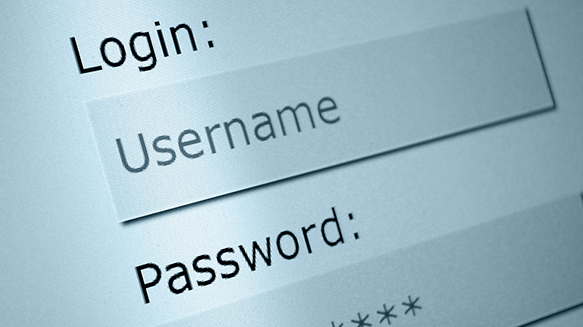
A checklist to keep your business’s digital assets secure
- On October 24, 2017
- 0 Comments
- Digital Assets, Passwords, Website Security
Your business’s online properties are just that, possessions that you own. Your website and domain, Facebook page, Blog, social profiles, directory listings, advertising accounts and apps are all digital assets. No matter if you created them yourself or had a marketing, website or SEO professional design or register them for you, they belong to you. It’s important to have access information should you need it. Employees leave, webmasters and ad agencies change, businesses get sold and suddenly usernames and passwords are gone forever.
When Snap Creative Group registers a domain, even if it’s in our account, the name of the owner is always the client. If my staff or I get wiped off the face of the earth, those domains can still be transferred to the proper owners without a hassle.
I was recently discussing the Google My Business page belonging to a new client. They just purchased a small restaurant where the address and phone number remained the same but the business name was changed by only one word. Because the former owner had refused to provide the original Gmail address and password used to set up the page they have been hitting brick wall after brick wall with Google. I suggested they contact their business broker as the page is property of the business they purchased.
Here are some tips on making sure you own and protect all your digital properties:
- Have all domains registered to you at your business address, with your business email and telephone number. It’s okay for the webmaster to be the technical, administrative and/or billing contact or even have the domain in their account as long as it’s registered to you.
- Make an Inventory. A password-protected Excel spreadsheet is a good starting point, as long as your trustee (see below) has access to the document when it’s needed. Every website that represents you and your company should be identified and the passwords recorded. There are hundreds of directories that gather information from the top tier sites such as Google My Business, Bing Places for Business, Yelp, Facebook, Twitter, Flikr, FourSquare, etc (find more at HubSpot’s Blog). Keep the inventory with login information in two different places. I suggest one go on a thumb drive that is kept at your home or in a safe place other than your office. The other could be password protected and given to your attorney or a trusted family member to keep in their possession. Be sure to update these back ups at least twice a year.
- Who has access to the Cloud? If you store information in a Dropbox, iCloud, Google Drive, SecureSafe or another online storage service you must keep those passwords easily accessible.
- Who else might have access to your credit card, banking or merchant services accounts?
- Change your passwords at least once a year.
- Do not repeat passwords from one website to the next. Use a password manager such as LastPass, RoboForm or KeyPass so you can login without having to remember hundreds of different passwords. These services are either free or carry a modest monthly or annual fee.
What happens to your business and personal digital assets when you’re no longer around to manage them? Your attorney can help you appoint a “trustee,” someone who can access your accounts if you are incapacitated or dead. You can detail what should be deleted, such as your personal Facebook page or Twitter account or transferred to new ownership.



